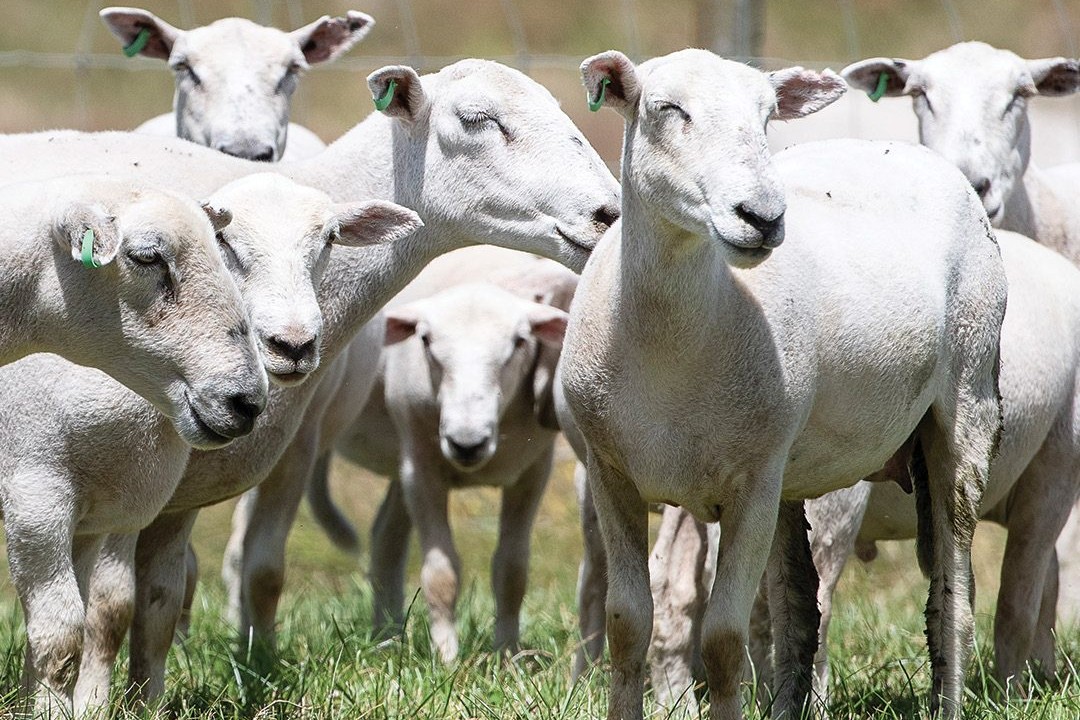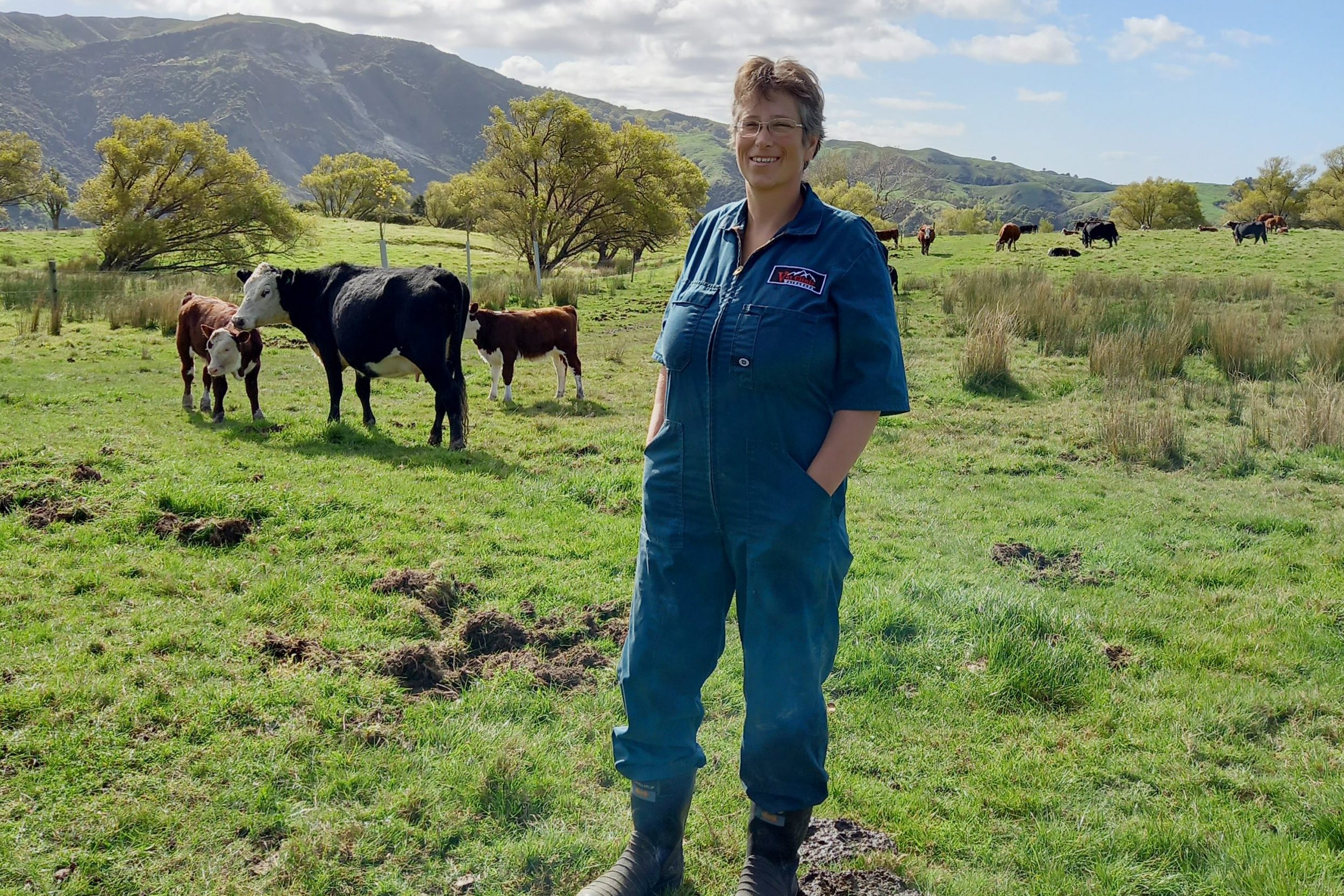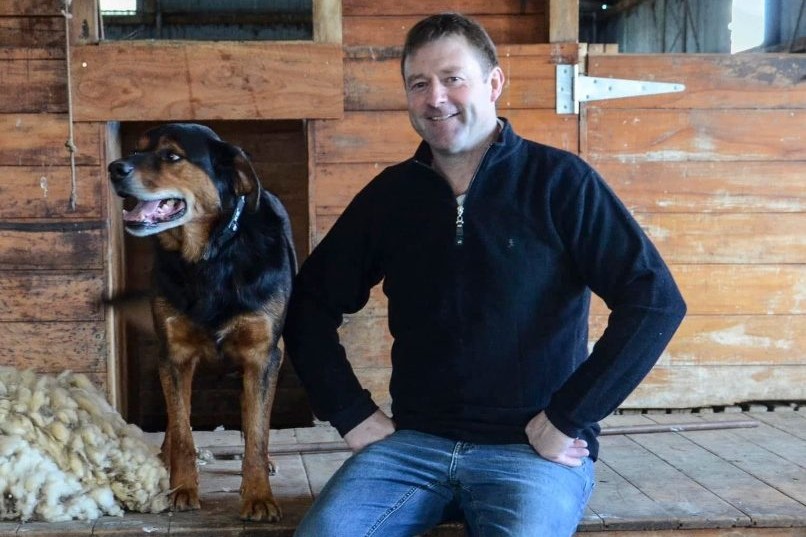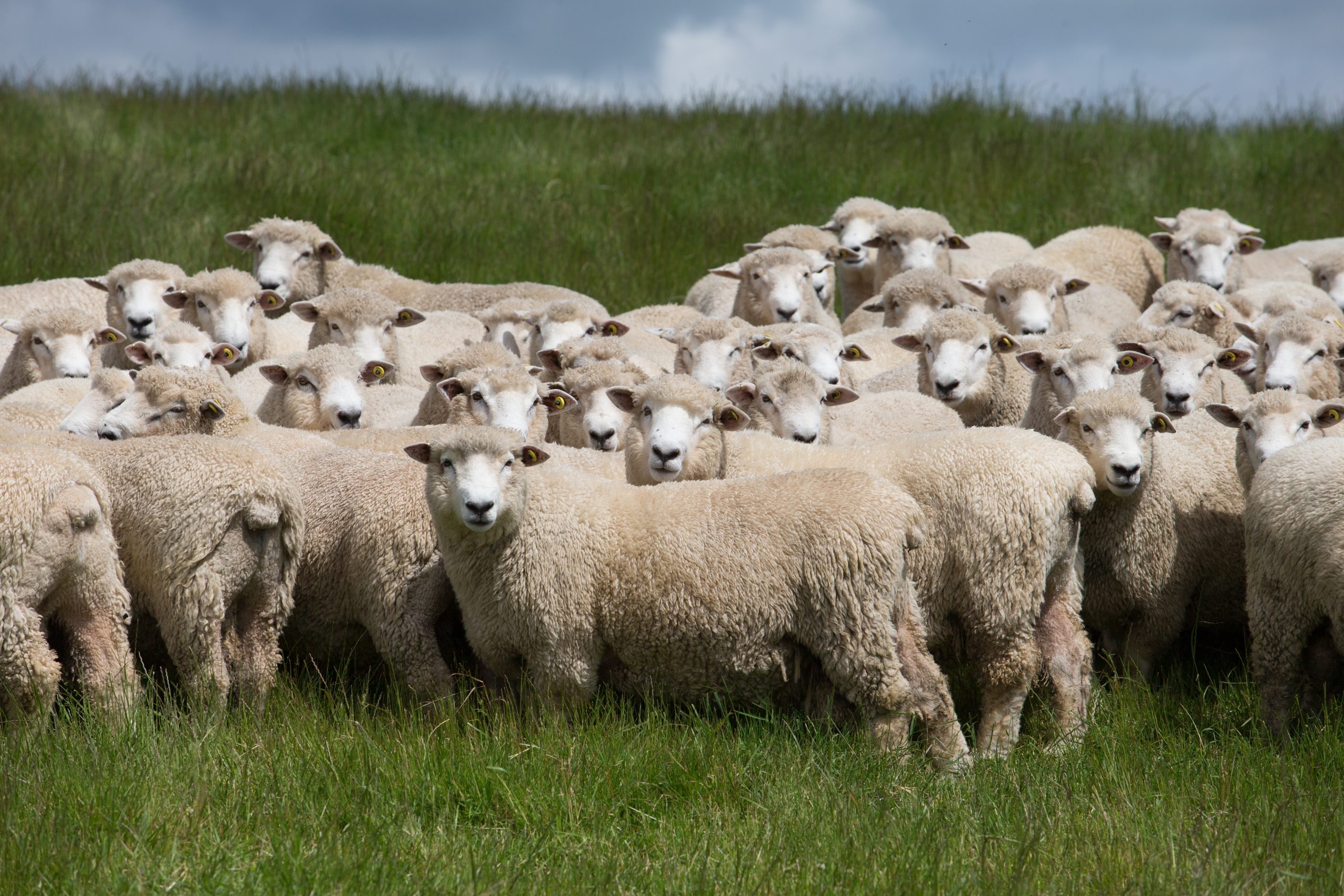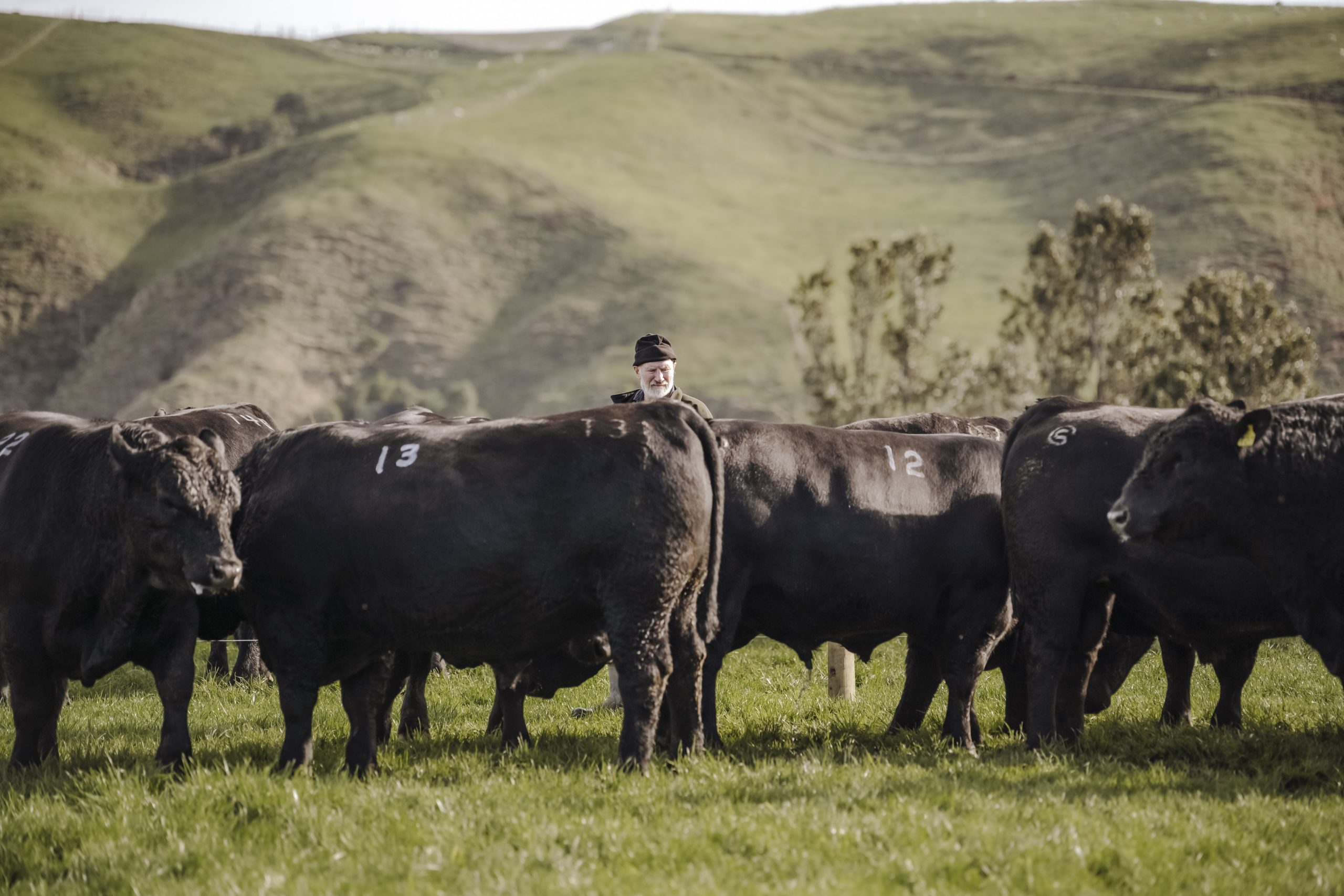Full disclaimer here, we breed shedding sheep, so I’m biased in their favour. However, as a farmer and a veterinarian shifting our commercial flock from a composite base to a shedding genetics base, I thought it might be useful to share some of the positive management impacts around costly issues such as ewe wastage, external parasite control, labour and mental workload.
The first and most obvious is no shearing; now don’t get me wrong I am an avid supporter of wool as a fibre, both fine and strong, but we weren’t selecting for wool production and had a costly shearing bill to pay each year.
No shearing also saves a lot of labour and mental workload over a period in the winter where it can be difficult to get a “weather window”.
From an animal health perspective, not shearing reduces potential negative impacts on the ewes’ metabolism due to reduced time off feed during mid-late pregnancy and reduction in negative thermal energy balance experienced post-shearing which can in worst case scenarios result in unnecessary ewe wastage.
Reduced management issues around lambing – fewer cast ewes, bearings and lambing difficulties: Fewer cast ewes is a result of the reduction in wool weight on the ewes during late pregnancy. The reduction in bearings and lambing troubles which I have observed in our sheep is noticeable and keep in mind we have been intensively lambing shedding ewes (for recording purposes) alongside composite ewes for more than 10 years.
It is my opinion that the reduction in both these animal health issues could be due to stronger musculature around the perineal region (due to retention of their tails) and the narrower shoulders we see specifically in the Wiltshire genetics. These impacts result in less ewe and lamb wastage – increasing farm productivity.
No tailing: This is a major benefit especially given the industry trends around tailing. While I am a strong advocate for pain-relief at tailing, it needs to be the right product, administered correctly, at the right time which provides practical challenges and has opened up the floor to some “welfare-washing” (a term I use to describe promoting actions which claim to result in positive animal welfare experience, but may not necessarily be addressing the real animal welfare issue).
The easiest solution is not tailing at all, an opportunity which our shedding sheep allow us due to their bare breech. The benefits of not tailing are financial not only due to reduction in the actual cost of tailing, but also the reduction in any potential growth check seen in the lambs as a result of tail removal.
No crutching: Quite simple here, clean breech means the faeces doesn’t stick to the non-existent wool. This means no dags, so no crutching is required to keep sheep clean to prevent flystrike. Crutching is a cost of time and money to the farm, so the benefits of not doing this once again drop to the bottom line.
Reduction in chemical use to control lice and fly: The open fleece and bare breech of shedding create less-than-ideal conditions for flystrike and lice infestation; so much so that I refer to shedding genetics as a tool in the toolkit for management of both of these animal health issues.
With more and more agrichemicals being identified as having negative human health impacts and being less desirable in the food-chain, not only does this impact save you money, but it also sets up a more sustainable system considering a one health approach.
It is worth noting that these benefits don’t just automatically appear when you buy “shedding sheep”. As with all genetic traits, there are some individuals that perform well within a breed and some that perform poorly. Ensure that, if you are buying shedding sheep for the benefits you will gain from not having wool, they are from a breeder selecting for shedding score.
As a final note I’d like to claim one of the benefits of shedding sheep is an improved work/life balance, but you know farming – there’s always something to do! But what I hope it does provide is a less-stressful mental workload for our family, with more time to spend on the areas of our business which increase productivity, sustainability and enjoyability.
- Becks Smith is a veterinarian based in Ranfurly, Central Otago.

